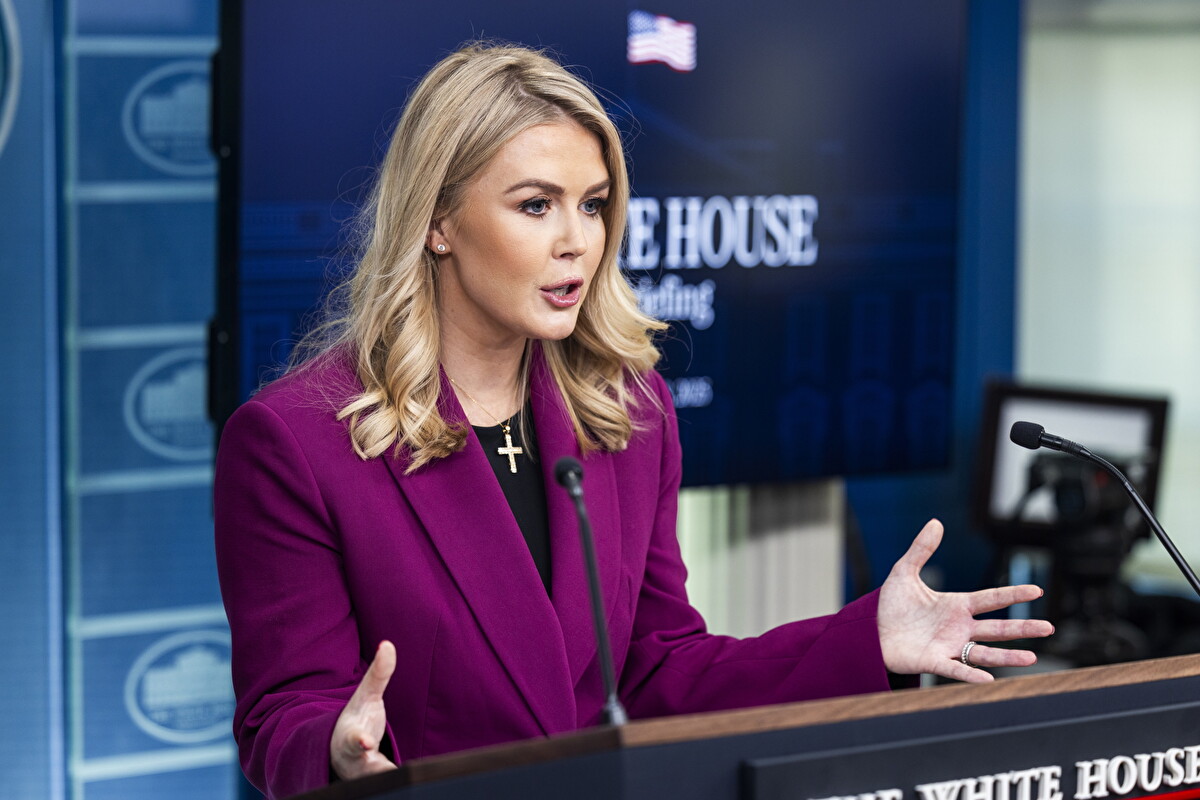The White House announced Tuesday that going forward, it will be the administration that will determine which press outlets will be allowed access to the Oval Office, Air Force One, and other official meetings and events concerning President Trump. In the past, the press corps was determined by an independent group of journalists. The possible consequences for such a change might further undermine the freedom of the press.
The news comes 24 hours after a judge dismissed an appeal by the Associated Press, whose reporters and photographers were “banned” from the Washington, D.C. building after the agency refused to refer to the Gulf of Mexico as the “Gulf of America.”
Yesterday White House spokeswoman Karoline Leavitt announced that the White House Correspondents’ Association (WHCA) will no longer have a “monopoly” on organizing press groups, which, in effect, will pass into the hands of the administration.
“All journalists, outlets and voices deserve a seat at this highly coveted table,” Leavitt said. The latter also explained that the White House plans to continue to rotate press, radio and TV to its events, but will add representatives from other news outlets that have been ignored “for too long.”
The WHCA, a group of journalists elected by their colleagues, has long overseen the rotation of correspondents who make up the presidential building pool, a team of 13 reporters. Now, the Trump administration plans to increase that number, adding new reporters “to cover the news of the day.”
An official familiar with the facts, who for obvious reasons preferred to remain anonymous, revealed that traditional news services, such as AP, Bloomberg, and Reuters, will no longer have a permanent position in each pool. In the future, Bloomberg and Reuters will alternate in a single slot. The Associated Press, on the other hand, will remain banned until at least March. This will open up two additional slots in the reporting team.
The administration’s decision immediately became the subject of criticism and unleashed fears of censorship. Peter Baker, a columnist for the New York Times, wrote that the new system “amounts to a signal to news outlets to follow the White House line or risk being kicked out as well.”
Further criticism came from Eugene Daniels, the president of WHCA’s board and a Politico correspondent, who said, “This move tears at the independence of a free press in the United States. It suggests the government will choose the journalists who cover the president. In a free country, leaders must not be able to choose their own press corps.”











